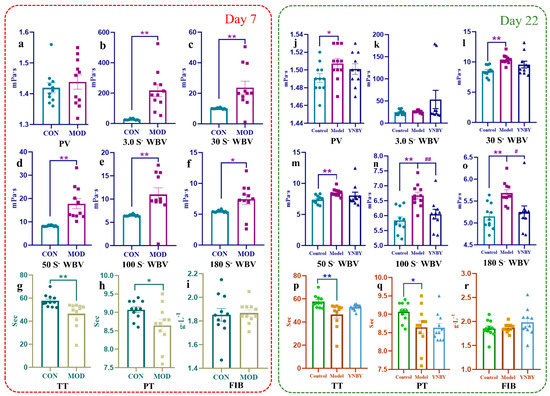
The Pet Oncologist - Vet Oncologist Online - Chinese Herbs. Can It Treat Cancer In Dogs?
Yunnan Bai Yao is a Chinese herb. Yes, this may sound strange, but it can be used to help treat dogs with a bleeding cancer. CLICK HERE TO READ MORE.
Yunnan Bai Yao can be used safely in dogs to prevent and control bleeding cancers in dogs.
More recent evidence shows that Yunnan Bai Yao can kill dog haemangiosarcoma cell lines in-vitro. Therefore, it may provide clinical benefit in dogs with haemangiosarcoma. Yunnan Bai Yao by itself is not known to be superior to standard of care therapy (i.e. surgery followed by chemotherapy), but certainly can be used safely in combination with anti-cancer therapy.
Currently, veterinary studies are being performed in the USA by Veterinary Oncologists to define safety further and determine the clinical benefits of this herb for dogs with haemangiosarcoma (with and without chemotherapy). So far, the results show that it is safe, but we are yet to know whether it can improve survival times in dogs with haemangiosarcoma.
We need better therapy for dogs with haemangiosarcoma, so I hope that future studies will be able to show that dogs with haemangiosarcoma can clinically benefit from this herb...
Each packet is usually accompanied by a small red pill. It is a higher concentration of Yunnan Bai Yao and is intended for treating significant bleeding. I usually advise owners to save this pill and to administer one red pill when a massive bleed is suspected...
Unfortunately, there is a lot of testimonials and word of mouth recommendations regarding the use of TCM [Traditional Chinese medicine], that gives owners false hope. It is crucial to base the use of TCM on scientific evidence and research.
Last edited:












